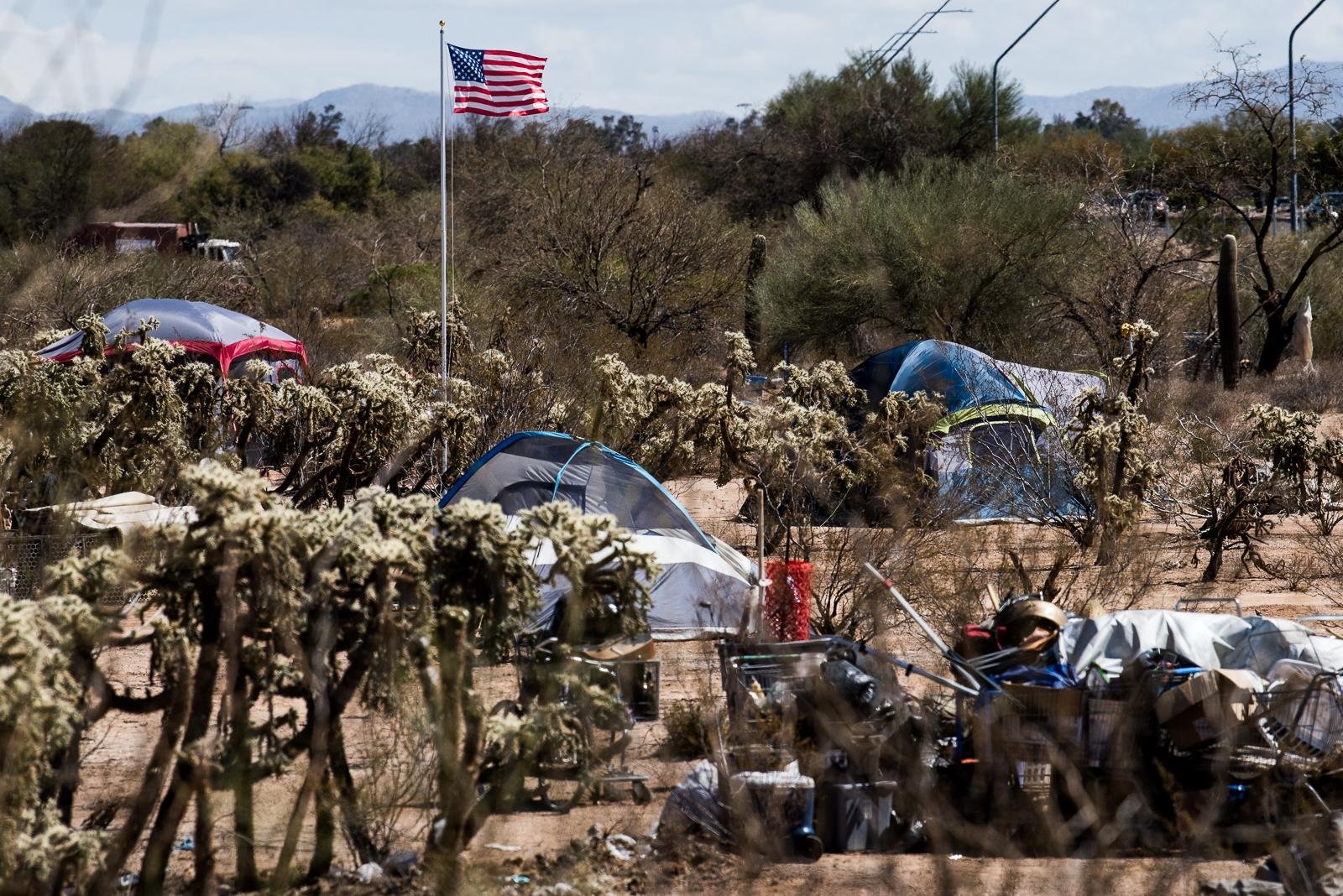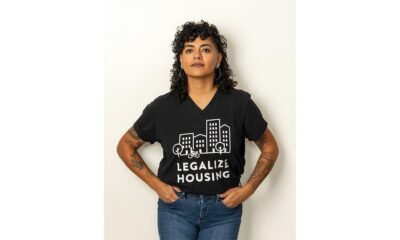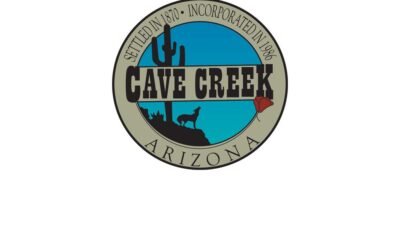Business
Tucson Council Cracks Down on Median Standing, Shies Away from Anti-Camping Law in Washes

The Tucson City Council made significant decisions on Tuesday regarding ordinances aimed at managing homelessness. While the council rejected a proposal to ban camping in washes, it approved a measure prohibiting standing on medians of busy streets, targeting the unsheltered population in the city.
The approved ban on median standing comes as a response to Prop. 312, a voter-approved initiative allowing property tax refunds if local governments fail to address homelessness-related issues. In a decisive 6 to 1 vote, the council enacted the new ordinance to prohibit individuals from being on road medians unless crossing the street, citing safety concerns for both drivers and pedestrians.
This ordinance replaces a previous ban on soliciting from medians, which had not been enforced due to potential constitutional issues, as explained by City Attorney Mike Rankin. The new legislation will apply to streets with speed limits of 30 mph or higher, with violations punishable by up to 24 hours in jail, fines, or community service. It is effective immediately.
The camping ban in washes did not pass, resulting in a tie vote of 3 to 3. Councilmember Richard Fimbres did not respond during the roll call when his name was called. According to council rules, a tie means the measure fails. Councilmembers agreed to revisit this issue before the next meeting scheduled for April 8.
Despite attempts for reconsideration by Councilman Paul Cunningham, procedural rules delayed any immediate action. Officials aimed to address the dangers posed by camping in washes, citing geography that complicates visibility and emergency access, as noted by City Manager Tim Thomure.
Concerns were voiced at the meeting about the implications of the wash camping ban, which could lead to further criminalization of homelessness, as local organizer Liz Casey pointed out. The sentiment echoed throughout the council; Cunningham stressed that the absence of adequate shelters means that simply pushing people out of one area does not provide a viable alternative.
Many advocates and officials recognize that washes are often used as shelter due to their privacy and temperature regulation. However, they also acknowledge the potential dangers, especially during monsoon season. CWash camps have been subject to preventive sweeps aimed at ensuring safety, with tragic incidents highlighting the life-threatening risks involved.
Mayor Regina Romero emphasized the necessity of protecting the city from potential lawsuits linked to homelessness issues under Prop. 312. She, along with Councilmembers Nikki Lee and Karin Uhlich, supported the ban on camping in washes, while others expressed deep concerns about criminalizing homelessness overall. Councilmember Kevin Dahl, despite supporting the median ban, echoed Cunningham’s worries about the impact of enforcing such measures.


















